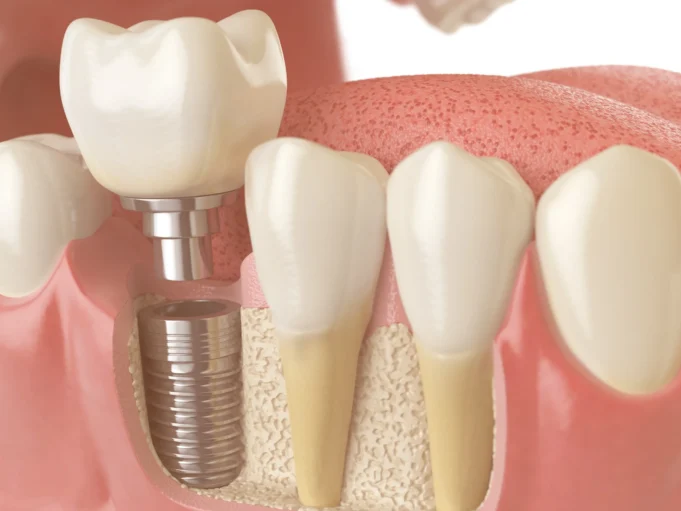There are situations when a tooth breaks at the level of the gum, and sometimes even deeper, or, alternatively, your crown has come loose and you find the process of rotting under it. In such cases, the first thing to do is to see a dentist. In no case do not try to diagnose yourself or somehow fix it, so as not to hurt yourself.
After evaluating the condition of the tooth, the doctor may suggest either restoring the tooth or removing the remaining tooth and placing an implant.
Any experienced dentist will tell you that if you have a choice, you should always choose the option to save the tooth root. The fact is that the root of the tooth is connected and fed by special connective tissues – the periodontium. It is through them that the tooth is held in the bone. As long as you have your tooth, the bone tissue is preserved.
When you place a dental implant, however, the bone tissue gradually shrinks. This is because the implant is screwed in mechanically and the tissue is no longer nourished. By the way, for this reason (an implant is a foreign body in the body), there are a certain number of people in whom the implant is rejected by the body and does not take root.
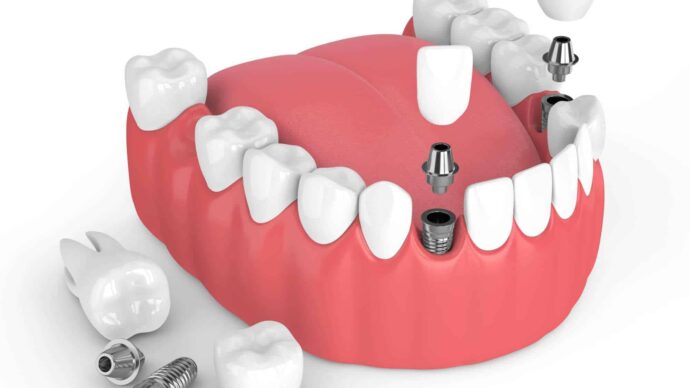
But even if it has taken root, it does not prevent bone shrinkage over time, which leads to the fact that in 10-15 years the patient usually has to undergo a bone augmentation procedure and put in a new implant.
If you choose to save the tooth, you gain time. Do the math: A restored tooth can last you up to fifteen more years, then only you will put in an implant (or not). So you will save 20-30 years until the bone augmentation procedure. Agree, that’s not bad and it’s worth it!
Important: When you go to the dentist, he may advise you not to even try to save the tooth. This option is also quite possible and is not necessarily related to the desire to make money on the part of the doctor.
- First, every doctor is guided by his or her own experience
- Secondly, not every dentist knows complex techniques for restoring a tooth
- Thirdly, there are really a number of cases when it is impossible to save a tooth.
So just to be safe, visit several doctors if they advise you not to save a tooth and only then make a decision.
Durability and longevity
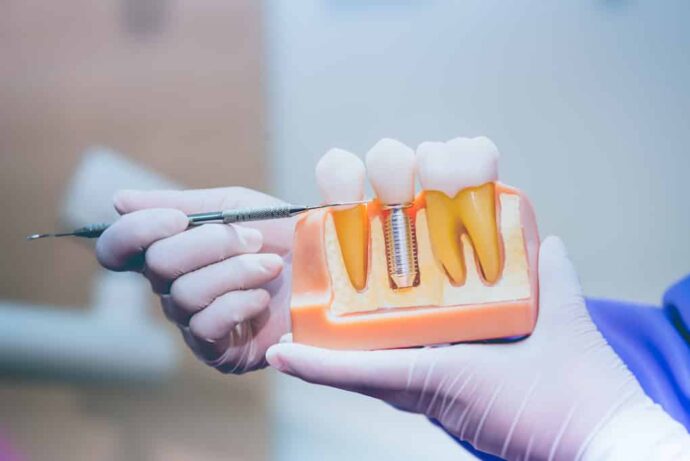
Durability and longevity are important factors to consider when deciding between a dental implant and saving a tooth. Dental implants are known for their longevity and ability to last for many years, often even a lifetime with proper care. This is because they are made from durable materials such as titanium and zirconia, which are biocompatible and resistant to corrosion and wear.
Benefits of Dental Implants
Dental implants offer several benefits when it comes to durability and longevity. They are designed to be a permanent replacement for missing teeth, and are anchored securely into the jawbone. This means that they are less likely to loosen or shift over time, as can happen with dentures or bridges. Additionally, dental implants can help to prevent bone loss in the jaw, which can occur when teeth are missing and the jawbone is not stimulated through chewing.
Drawbacks of Saving Teeth
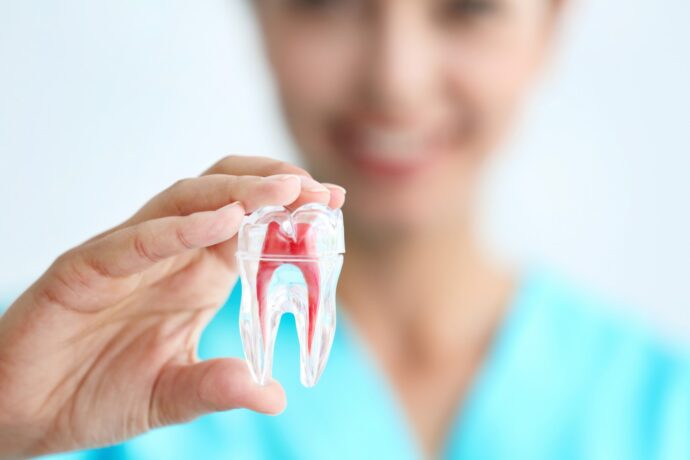
In some cases, it may be possible to save a damaged or decayed tooth through a variety of dental procedures such as fillings, crowns, or root canal therapy. However, these treatments may not last as long as dental implants, and may require ongoing maintenance and repair over time. Additionally, saving a damaged tooth may not be possible if the damage is too severe, or if the tooth is in a location where it cannot be effectively repaired.
Factors to Consider
When making a decision about dental implants vs. saving a tooth, it is important to consider a variety of factors beyond just durability and longevity. These factors may include the patient’s overall oral health, their age and lifestyle, the cost of the procedures, and their personal preferences and priorities.
Pros and Cons of Saving Teeth
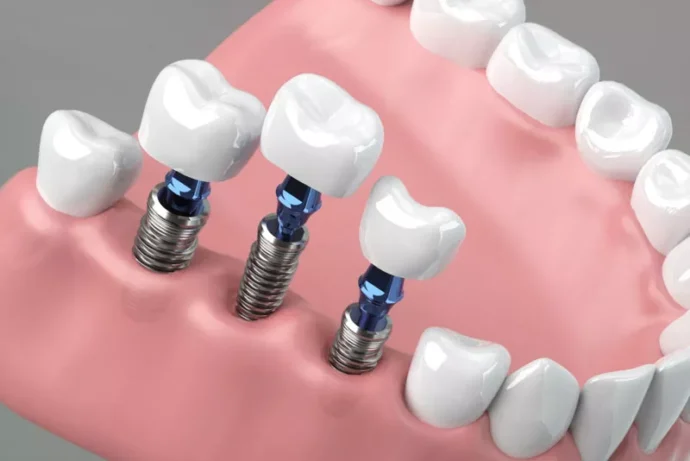
Saving teeth through dental procedures is often preferred over tooth extraction or dental implants. However, it is important to weigh the pros and cons of saving teeth before making a decision.
Benefits of Saving Teeth
Saving teeth offer several benefits. Natural teeth provide better chewing ability and aesthetics compared to dental implants or dentures. Root canal treatment or other dental procedures can save a tooth that may otherwise have to be extracted. Preserving natural teeth can also help maintain jaw bone density and structure. Dental procedures are generally less invasive and require a shorter healing time than implant surgery.
Drawbacks of Saving Teeth
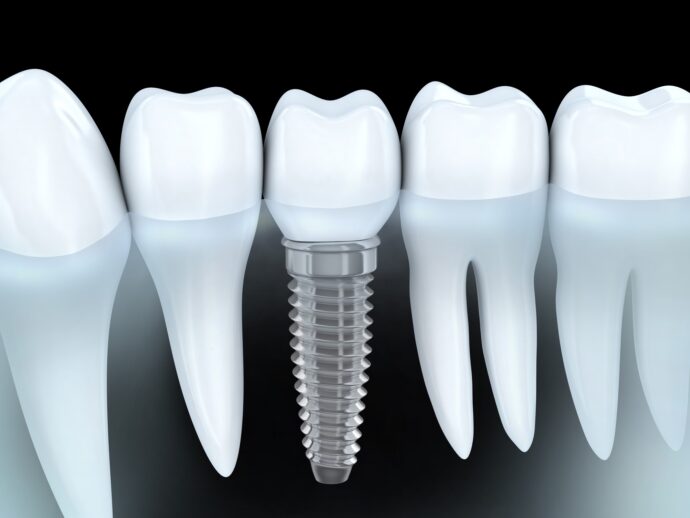
The success rates of saving teeth vary and are highly dependent on the condition of the tooth and the patient’s overall oral health. A saved tooth may require additional dental procedures, such as crowns or root canal treatment, and may need ongoing maintenance over time. If the tooth is severely damaged or decayed, or if it has an infection that cannot be effectively treated, it may eventually need to be extracted, which can be costly and uncomfortable.
Factors to Consider
When considering whether to save a tooth, it is important to consider factors such as the severity of the dental issue, the location of the tooth, the patient’s overall oral health, and their personal preferences and priorities. A dental professional can help determine if saving the tooth is a viable option, and can provide information on the pros and cons of the different treatment options available.
Factors to Consider in Decision-Making
When deciding between a dental implant and saving a tooth, there are several factors to consider. First, the severity of the dental issue must be assessed to determine if the tooth can be effectively saved through dental procedures or if an implant is necessary. The location of the affected tooth is also important, as implants may not be suitable for certain areas of the mouth. The patient’s age and overall health should also be taken into account, as well as their personal preferences and priorities. Cost is also a significant factor to consider, as implants tend to be more expensive than dental procedures for saving teeth. Insurance coverage should also be reviewed to determine if the procedure is covered.

